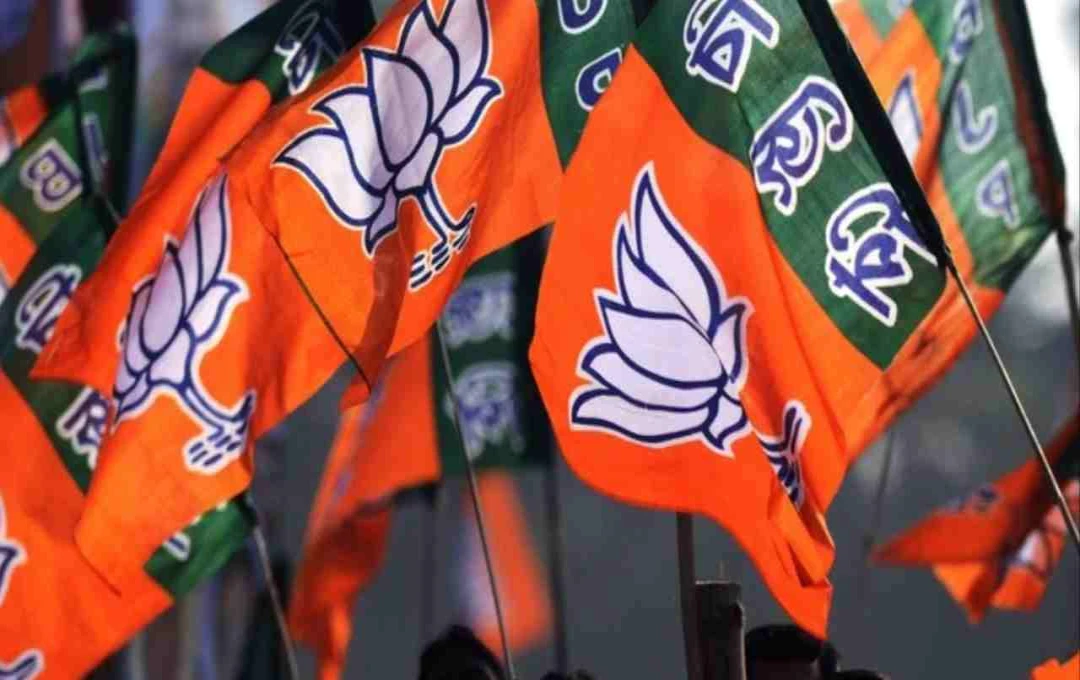Israel is currently experiencing a period of intense political turmoil. Prime Minister Benjamin Netanyahu's coalition government is facing a crisis, and the possibility of parliament dissolution is imminent.
Jerusalem: Israeli politics is once again teetering on the brink of a deep crisis. Prime Minister Benjamin Netanyahu's coalition government is under threat following the opposition's proposal to dissolve parliament. This crisis stems not solely from opposition dissent, but also from a deepening rift within the government itself, particularly between religious parties and Netanyahu.
What is the root of the conflict?
At the heart of this latest crisis lies a longstanding and sensitive issue – legislation granting religious Jewish students exemptions from mandatory military service. While military service is compulsory for all Israeli citizens, religious students have historically been exempted. However, in 2017, the Israeli Supreme Court deemed this exemption unconstitutional and ordered the government to enact new legislation. No government has successfully passed such legislation since then.
Two major ultra-orthodox parties within Netanyahu's coalition government – United Torah Judaism and Shas – are now pressing for the passage of this law. They have explicitly stated that if the law isn't passed, they will support dissolving parliament in conjunction with the opposition.

Parliament Dissolution Proposal: A Blow to the Government
On Wednesday, opposition leaders introduced a bill to dissolve parliament, raising serious questions about the stability of Netanyahu's government. However, this bill is still several stages away from becoming law. Under Israeli law, any proposal to dissolve parliament must undergo four voting processes. This means that even if the proposal receives initial support, the government won't fall immediately. It still has time to find a solution or re-unite its coalition.
Government Strategy: Attempting to Buy Time
To avert this crisis, Netanyahu's camp is employing a strategy of buying time. Dozens of new bills were added to the parliament's agenda on Wednesday to slow down the discussion and voting process on the dissolution proposal. Furthermore, Netanyahu's Likud party controls the committee that determines how quickly any proposal advances. Speculation suggests Netanyahu will use this time to appease coalition partners and find a new formula.
Coalition Parties' Warning: We are at a breaking point

United Torah Judaism and the Shas party have indicated they are not willing to compromise. Asher Medina, a spokesperson for the Shas party, told Israeli radio, "We don't take pleasure in bringing down a right-wing government, but we've reached a point where it's become unbearable. If a solution isn't found, we will vote in favor of dissolving parliament." This statement highlights the deepening discontent within the coalition, leaving Netanyahu with very limited room for maneuver.
This crisis comes at a time when Israel is embroiled in a fierce conflict with Hamas. Political instability during wartime poses a significant risk to the country. Experts believe that if the government falls, Israel could be forced into early elections, impacting both security and administration.














